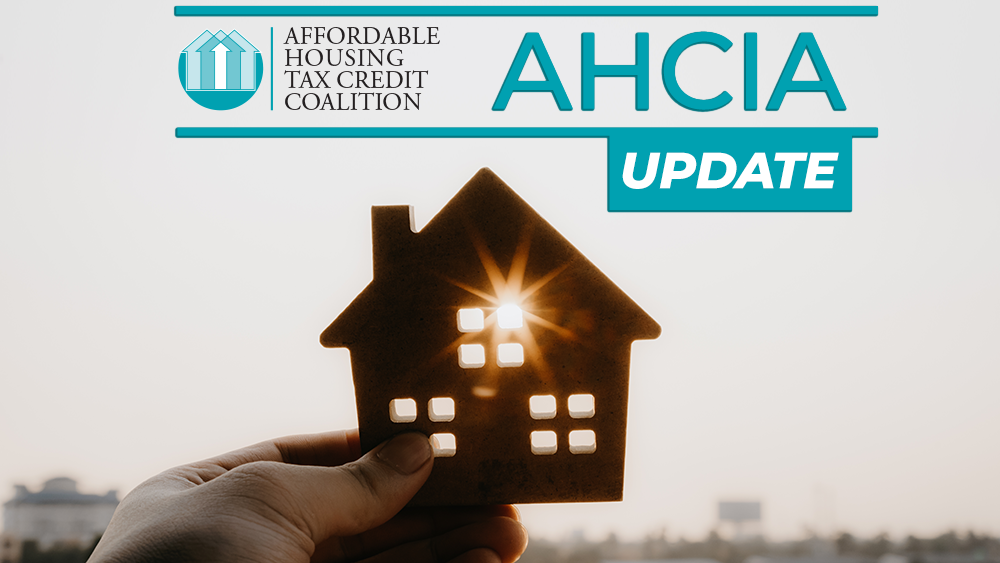By Todd Crow
As noted on this site and widely embraced by housing advocates nationwide, Senator Maria Cantwell (D-WA) and Senate Finance Committee Chairman Orrin Hatch ( R-UT) have reintroduced a bill intended to expand and strengthen the Low-Income Housing Tax Credit (Housing Credit). The current version, (S. 548, the Affordable Housing Credit Improvement Act of 2017) was introduced earlier this week.
While the 2017 version contains minor differences when compared to the prior version introduced in 2016, the primary objectives remain the same: to expand the Housing Credit and to make a series of technical enhancements to the now 30-year-old program. This legislation would go a long way toward providing additional and much needed affordable housing. It was introduced with eleven other original co-sponsors, continuing the Housing Credit’s legacy of broad, bipartisan support. While the technical enhancements are listed elsewhere on this site, it is the timing of this bill that should have the full attention of housing advocates. And no, I don’t mean that in the context of tax reform – or, at least not only in that context.
Dating back to the election cycle of 2016 (remember that?), much has been said about the condition of America’s infrastructure. President Trump has publicly called for $1 trillion in infrastructure spending. Senator Charles Schumer (D-NY) has similarly proposed a $1 trillion infrastructure spending plan (which includes affordable housing). In her February, 2017 opinion piece in The Hill, Terry Ludwig from Enterprise notes the absence of housing from the Administration’s infrastructure plan while making a series of specific and compelling suggestions to include housing. More recently, newly confirmed HUD Secretary Ben Carson talked about the need to ensure “that both our physical infrastructure and our spiritual infrastructure is solid.” Dr. Carson has since signaled support for including housing in plans for increased infrastructure spending.
It seems we will spend a good deal of time debating tax reform and budgetary issues in 2017. In this context, our industry needs to be prepared to educate and explain how the program has worked so well for 30 years. But as advocates for the Housing Credit, we should also recognize the opportunity provided by a national discussion of infrastructure. We should press the case that discussions of prioritizing infrastructure spending and the expansion and improvement of the Housing Credit are not unrelated. To the contrary, what could be more foundational to a community than safe affordable housing for its residents?



Comments are closed.